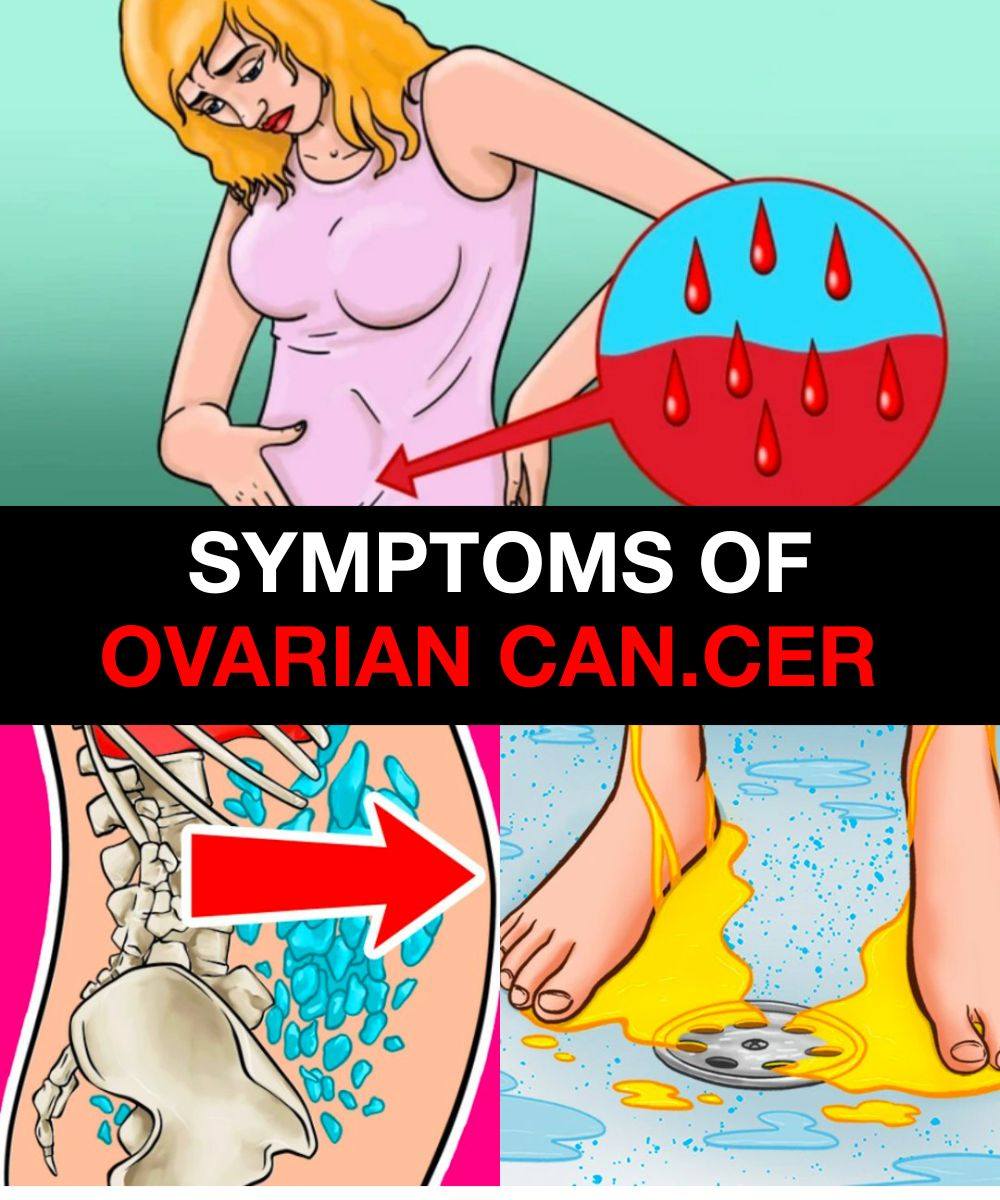🔴 3. Urinary Changes
Frequent, urgent, or uncontrollable urination may signal pressure from an ovarian mass on the bladder.
Be Aware If You:
- Need to urinate more often than usual
- Feel urgency even when the bladder isn’t full
- Experience pain or burning while urinating
🔴 4. Changes in Menstrual Cycle or Bleeding
Unusual vaginal bleeding, especially after menopause, can be a symptom that warrants urgent evaluation.
Possible Symptoms:
- Heavier or irregular periods
- Spotting between cycles
- Postmenopausal bleeding
🔴 5. Gastrointestinal Symptoms
Ovarian cancer can affect digestion and mimic gastrointestinal issues.
What to Watch:
- Constipation or diarrhea
- Indigestion or nausea
- Loss of appetite
🔴 6. Fatigue and Unexplained Weight Loss
As cancer grows, it may sap your energy levels and metabolism.
Look Out For:
- Constant tiredness
- Sudden, unintentional weight loss
- Trouble sleeping or resting
🧬 When to See a Doctor
If you experience multiple symptoms daily for more than two weeks, it’s time to consult a healthcare provider. Don’t dismiss them as stress, hormones, or aging.
✅ Lowering Your Risk
While ovarian cancer isn’t always preventable, steps you can take to reduce your risk include:
- Staying active
- Maintaining a healthy weight
- Knowing your family history
- Considering genetic screening (BRCA1, BRCA2)
📌 Final Note
Ovarian cancer is treatable—especially when caught early. Listening to your body, advocating for testing, and staying informed are your best defenses.
Your health matters. Share this with a sister, friend, or daughter—it could save a life.

